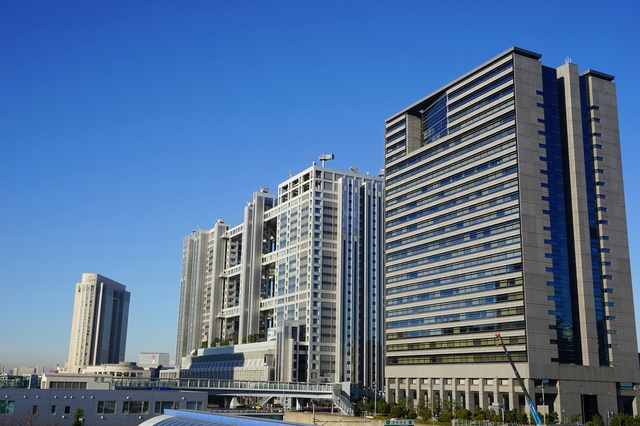What taxes do corporations have to pay in Japan

Question:
What taxes do corporations have to pay in Japan?
Answer:
In Japan, both domestic and foreign corporations are subject to the imposition of national and local corporate and enterprise taxes.
The aggregate effective tax rate is currently approximately 30%.
The details are as follows.
<national tax>
Corporation tax consists of corporation tax and local corporation tax. Local corporation tax was introduced in 2014 and is equivalent to 4.4% of corporation tax. The total tax rate is about 24%.
<local tax>
Inhabitant and enterprise taxes are determined by local governments, but there is no significant difference in tax rates in any region of the country.
(1)While inhabitant tax is computed depending on profits but corporations earned no profits also should pay certain amount of tax based on their capitals and the number of employees. For example, a corporation located in Tokyo with capital of 10 million yen and the number of employees less than 50 should pay 70,000 yen every fiscal year.
(2) Enterprise tax is composed of taxation on per income and local corporate special tax. Both taxes are computed based on profits. However there is another taxation called Taxation of Corporation by the size of their business that is levied on corporations with capital of 100 million yen and over based on capital and other value added items such as wages, interests and rentals aside from profits. Local special corporate tax will be terminated on October 1st, 2019.
Therefore, the total tax rate mentioned above totaled approximately 30%; however, it would be subject to change depending on the capital, the number of offices, and so on.
